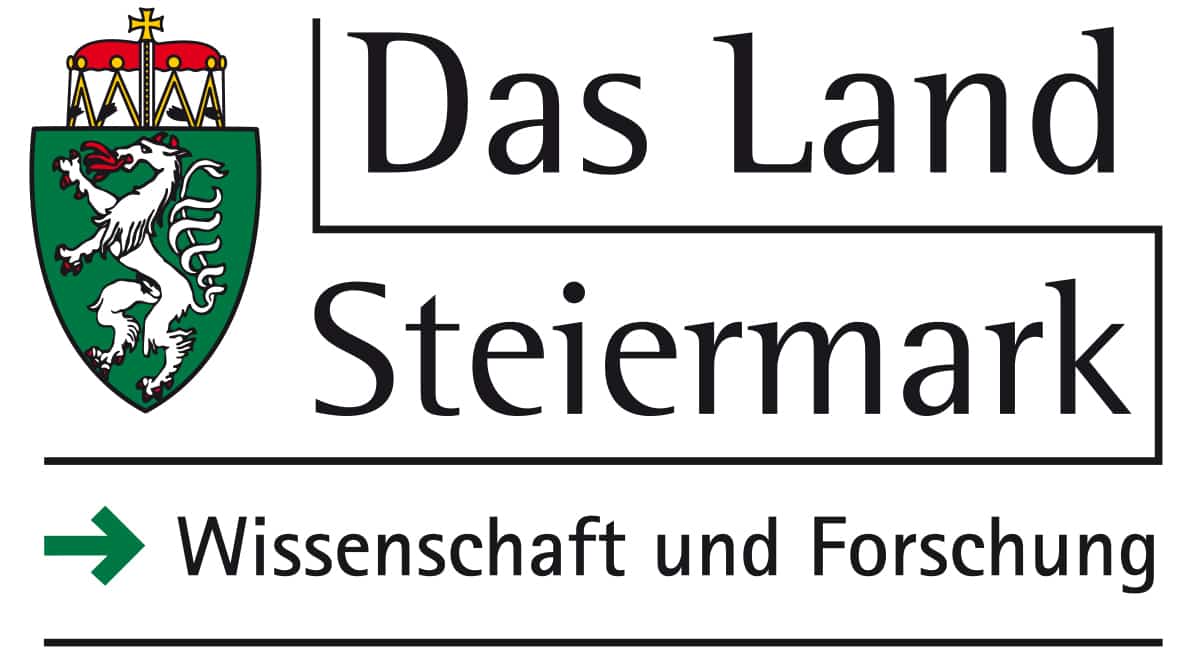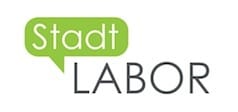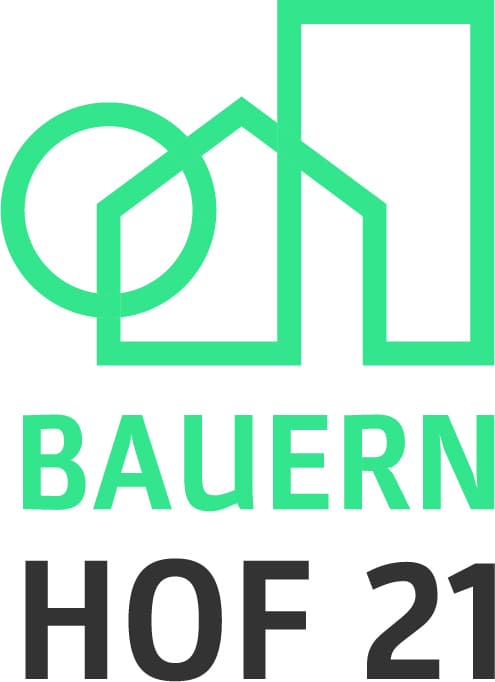How can the urban environment and small Styrian farms benefit from one another?
On the one hand, the trend for urbanisation presents a challenge in food supply. On the other, traditional small-scale agriculture is facing both a decline in farming and a trend for industrialised large-scale farms.
The interdisciplinary and transdisciplinary Bauernhof 21 project combines methods from the social sciences and participation with both the cultural and art history perspective of the architectural sciences and with expertise from the life sciences and innovation and sustainability research. The focus will be on the needs of small-scale farms in the greater Graz area.
Initially, the aim is to provide an overview and shared perspective of the current situation concerning food production, socio-economic, spatial and building structures and the needs of those involved in farming.











